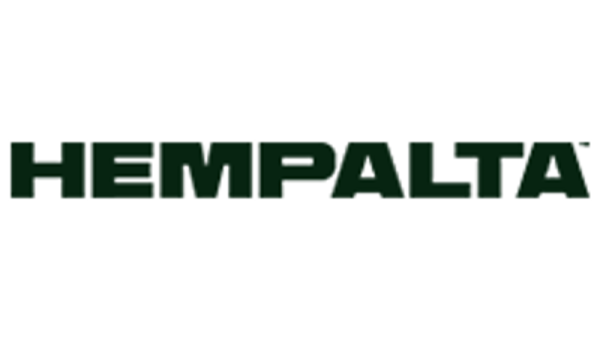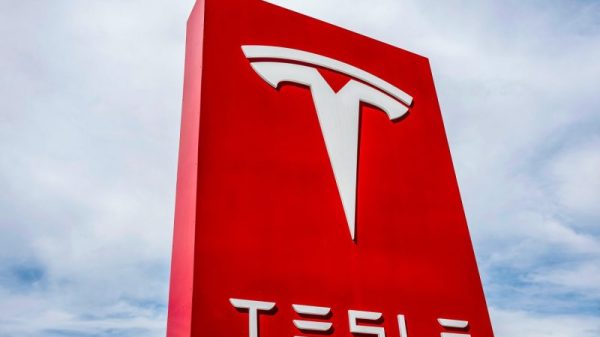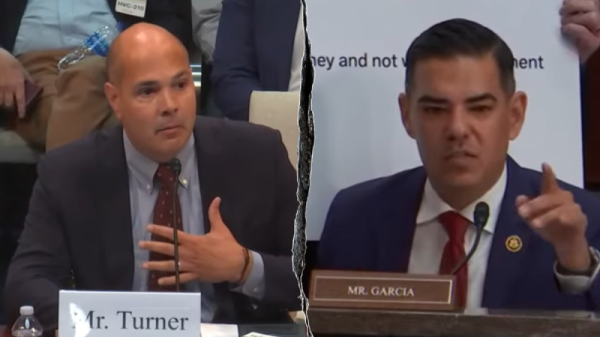The Biden administration will begin enforcing a nationwide ban on various types of popular light bulbs Tuesday as part of its aggressive energy efficiency agenda.
Under the Department of Energy’s (DOE) regulations, manufacturers and retailers will be prohibited from selling incandescent and similar halogen light bulbs which represent a sizable share of current light bulb supplies. Instead, manufacturers and retailers must sell light-emitting diode, or LED, alternatives or risk substantial federal penalties.
‘It’s impossible for Democrats to leave us alone. States must fight back,’ Rep. Bob Good, R-Va., tweeted ahead of the ban enforcement.
‘President Biden continues to push liberal fantasies through his weaponized federal agencies,’ Rep. Andy Barr, R-Ky., added. ‘The Department of Energy should be focused on American energy independence, not on what lightbulbs you can or can’t purchase for your home or business.’
In April 2022, months after first proposing the rulemaking, the DOE finalized regulations prohibiting certain light bulbs over their low energy efficiency levels. According to the DOE announcement, the regulations are projected to save consumers an estimated $3 billion per year on utility bills and cut carbon emissions by 222 million metric tons over the next three decades.
The DOE has warned retailers for months about its light bulb ban enforcement to ensure industry-wide compliance.
‘The lighting industry is already embracing more energy efficient products, and this measure will accelerate progress to deliver the best products to American consumers and build a better and brighter future,’ Energy Secretary Jennifer Granholm said last year.
While U.S. households have increasingly switched to LED light bulbs since 2015, fewer than half of households reported using mostly or exclusively LEDs, according to the most recent results from the Residential Energy Consumption Survey.
Overall, 47% use mostly or only LEDs, 15% use mostly incandescent or halogens, and 12% use mostly or all compact fluorescent (CFL), with another 26% reporting no predominant bulb type, the federal data showed. In December, the DOE introduced separate rules banning CFL bulbs, paving the way for LEDs to be the only legal light bulbs to purchase.
According to the survey data, LEDs are also far more popular in higher-income households, meaning the energy regulations will particularly impact lower-income Americans. While 54% of households with an income of more than $100,000 per year used LEDs, just 39% of households with an income of $20,000 or less used LEDs.
‘We believe that further regulatory interference in the marketplace is unwarranted given that more energy efficient lighting choices, namely light-emitting diode bulbs, are already available for those consumers who prefer them over incandescent bulbs,’ a coalition of free market and consumer groups opposed to incandescent bulb bans wrote in a comment letter to the DOE last year.
The groups added that estimates of the climate benefits of energy efficiency rules are ‘speculative, assumption-driven, and prone to bias in the hands of agencies with a regulatory agenda.’
The DOE’s rule in April 2022, meanwhile, reversed a Trump administration rule that sought to protect incandescent light bulbs and allow consumers to choose which products they want to purchase. Former President Donald Trump was also personally opposed to LED light bulb adoption, remarking in 2019 that they are often more expensive, not good and make him ‘look orange.’
Environmental groups that opposed the Trump administration’s actions, have cheered the Biden administration for cracking down on incandescent light bulbs. Joe Vukovich, an energy efficiency advocate at the Natural Resources Defense Council, said rules banning inefficient light bulbs were ‘long overdue.’
Meanwhile, over the last several months, the DOE has unveiled new standards for a wide variety of other appliances including gas stoves, clothes washers, refrigerators, dishwashers, water heaters and air conditioners.
And according to the current federal Unified Agenda, a government-wide, semiannual list that highlights regulations agencies plan to propose or finalize within the next 12 months, the Biden administration is additionally moving forward with rules impacting dozens more appliances, including consumer furnaces, pool pumps, battery chargers, ceiling fans and dehumidifiers.







































